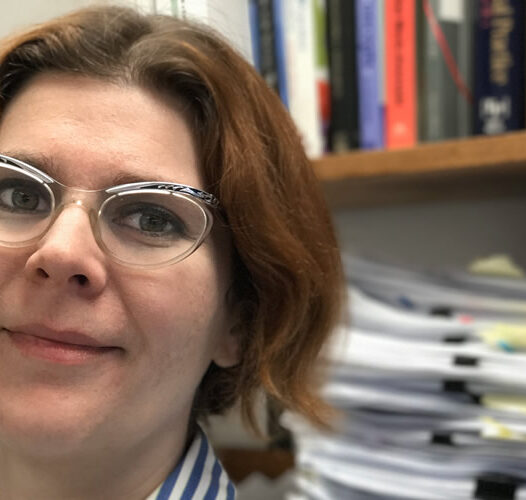Jodie Bargeron
In this podcast, our guest Jodie Bargeron describes progressive frameworks that have shaped self-neglect (SN) research – specifically, whether SN is an old age phenomenon or life course issue, and the difference between intentional versus unintentional SN. She discusses her research pertaining to whether Adverse Childhood Experiences (ACES), intrusive parenting, and/or self-control are related to SN among both elderly and non-elderly adults. The episode concludes by stressing the need for social workers to treat SN from a life course perspective, and to consider the use attachment-based therapy to adequately address these behaviors and avoid adverse consequences.
Jodie Bargeron is mental health research specialist and doctoral candidate at the University of Illinois Chicago’s Jane Addams College of Social Work. Her research interests are in lifespan mental health and the accumulated factors that influence mental health later in life. In 2018, she presented at the Society for Social Work Research’s annual conference on her study, Childhood and Mid-life Antecedents of Self Neglect.
Interviewer: Ting Lee, MS





